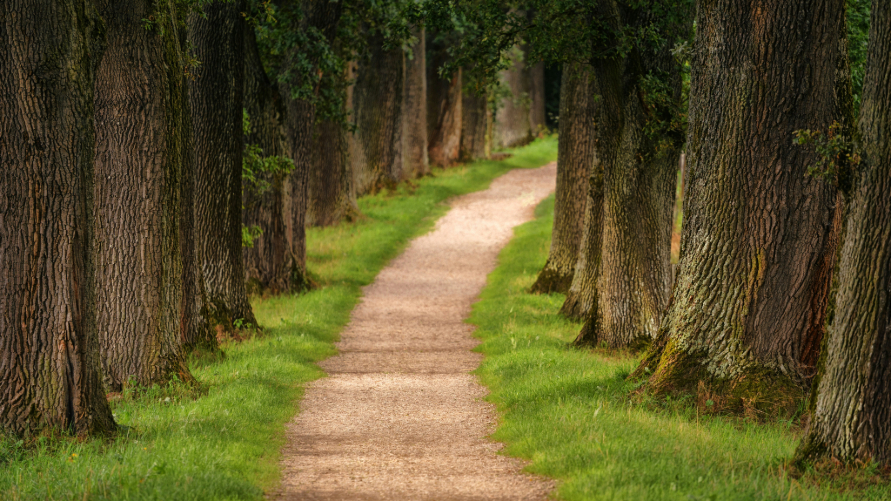Show Notes:
Matt: J.D., is cremation (as opposed to burial in a casket) wrong?
—
J.D.: Well, this one’s actually a little more interesting than you might think. If you’ve never thought much about it, you probably (like most people) just think about the fact that when someone dies, they basically have two options—burial in a casket or by cremation, where your ashes are put into an urn. Some people bury those urns, some keep them around…
- In fact, a 2020 study showed that 56 percent of people who died in America were cremated, which is more than double what that figure was 20 years prior.
- That’s a far cry from how things used to be, when in old England, burial by grave/casket was known as a “Christian burial” and cremation was something only the Vikings did.
You might be surprised to learn that some Christians have strong views against cremation. I’ll lay out that view in just a second. But as we have this conversation, I want to make a few things clear up front because I realize many of you have very dear, important people in your lives that you’ve lost that you know have been cremated.
- So, am I saying that what they chose to do is morally wrong and against some biblical command?
- No, I am not. I see nowhere in Scripture that gives a clear edict that you must be buried in such a manner that your body is preserved.
- Am I saying—like some people claim—that cremation somehow interferes with the resurrection of the Saints when Jesus returns, ruining a Christians chances of eternal life because their earthly bodies weren’t handled properly after death?
- Of course not—that’s nonsense! Our bodies are important, but not nearly as important as our souls.
- And besides—do you really think resurrection after cremation would be “too hard” for God?
- Finally, I of course don’t believe that families who perhaps have to make a decision on how to bury someone and opt for cremation over burial love that deceased person any less than a family that chooses burial.
So, if you have loved ones who have passed away and been cremated, you can rest easy and of course we mean no disrespect. But I do want to point out the other side of this conversation.
John Piper is one of the most prominent voices on this.
- He points out that the Bible teaches us the importance of our earthly bodies—that they’re not prisons for the soul like the ancient Greeks taught.
- “Christianity has always viewed the body as essential to full humanity so that the life to come has primarily been seen as the resurrection of the body in glorious eternal life.” John Piper
- He argues that Paul’s understanding of burial is that this was a picture of being “sown” in the ground like a seed that will sprout with wildly superior beauty at the resurrection, when the graves are opened at the coming of Christ.
- 1 Corinthians 15:37, 42-44
- He also points out how fire always has a negative connotation to us as humans in Scripture – especially when talking about life-after-death, and so, to end your time on earth consumed by fire is a symbol that doesn’t align with Scripture’s portrayal of the believer’s afterlife.
Now, while arguing all of this, John Piper also calls for churches and pastors to create a culture where expensive, extravagant funerals (and weddings!) are NOT the norm.
- There’s a recognition that burial by casket is more expensive than cremation.
- He even says he feels like churches should help families with these extra costs—not necessarily through a line-item in the church budget but by perhaps establishing an external fund fueled by generous donors.
You say, “Ok, well, what he’s talking about is all symbolic and has no impact on where a person’s soul goes after they die.” Of course, like we’ve said, that’s all true.
- But wherever you fall on this, I do think it deserves some consideration. Death is a big deal, just like other momentous occasions throughout our lives.
- We take symbolism seriously at weddings, even though they don’t really have an impact on how good or bad the marriage will play out.
Again, as a pastor, I don’t teach one as right and the other as sin… I think we’re dealing with issues of wisdom, and I’d just say that I do think it deserves careful consideration rather than flippantly choosing whatever is cheaper.
—
Matt: Subscribe wherever you get your podcasts and be sure to check out YouTube and subscribe @J.D.Greear.



